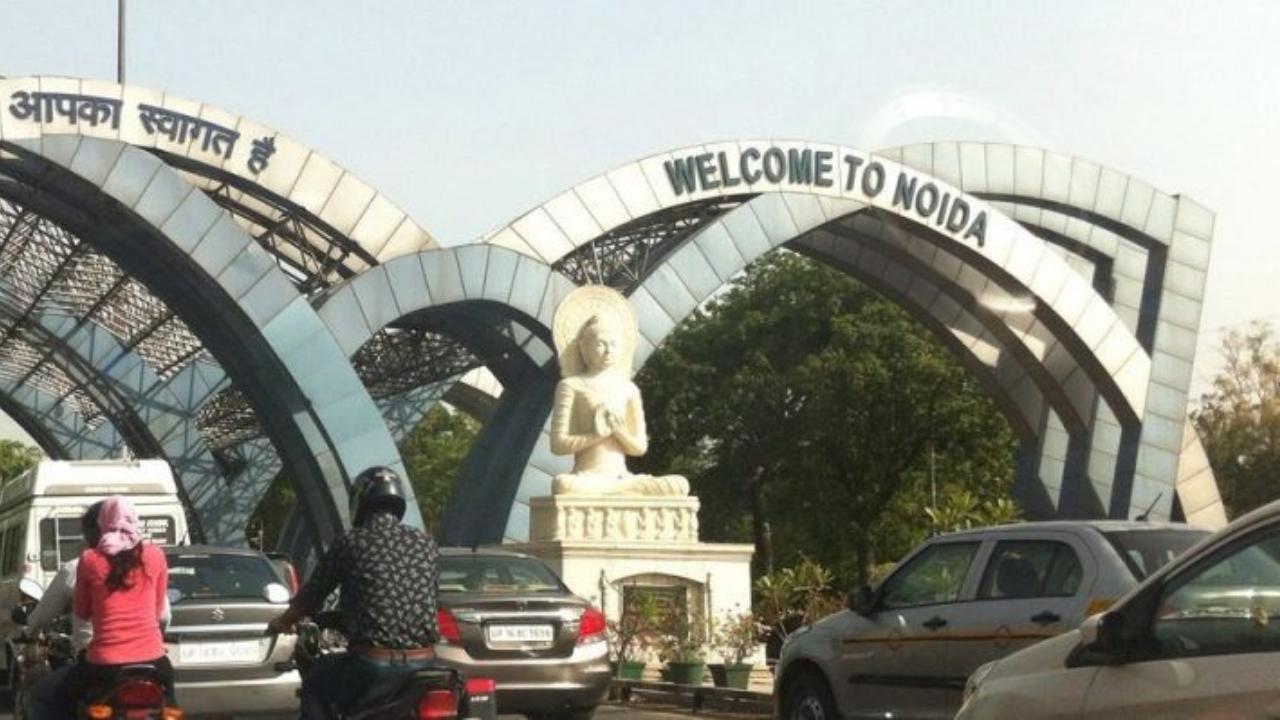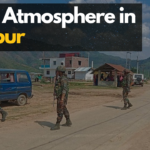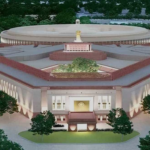Section 144 of the CrPC has been used by the Noida Police to impose limits on public assembly, outlawing unapproved religious events and processions in public areas and on public highways. For such actions, permission from authorities is required.
On Wednesday, the Noida Police ordered that no unauthorized religious activities, such as puja, namaz, or processions, will be conducted in public areas or on public highways.
This was done in accordance with section 144 of the Code of Criminal Procedure (CrPC), which establishes restrictions on public assembly.
The Gautam Buddh Nagar district police issued an order stating that authorization for such activities would need to be obtained from the commissioner of police, the additional commissioner of police, or the deputy commissioners of police who were responsible for the three zones of the district, according to PTI.
Hirdesh Katheriya, Additional DCP (Law and Order), stated in the order that the restrictions under CrPC section 144 would go into effect on July 20 and would last for 15 days, ending on August 3.
A controversial location where praying has not historically taken place will not host religious events, according to the police, who also advised against encouraging people to pray there.
No one would disparage the sacred writings of another faith. The police issued an order prohibiting the display of any religious symbols on the walls of places of worship.
To avoid hurting the feelings of any community, it was further stated by the police that “nobody would take pigs, dogs, or any stray animals near religious sites or on the routes of permitted processions during religious gatherings, nor would anyone encourage others to do so.”
The police’s advisory to avoid praying at a historically non-religious location and to prevent the presence of animals near religious sites during gatherings also aims to promote mutual respect and sensitivity among different communities.
However, the implementation of such measures might be challenging and raise concerns about potential discrimination or biased enforcement.
As this situation unfolds, it remains to be seen how different communities and religious groups will respond to the restrictions and whether any amendments or revisions to the order will be made in the future.
Authorities will need to strike a delicate balance between ensuring public safety and upholding the fundamental right to religious freedom for all citizens in Noida.









